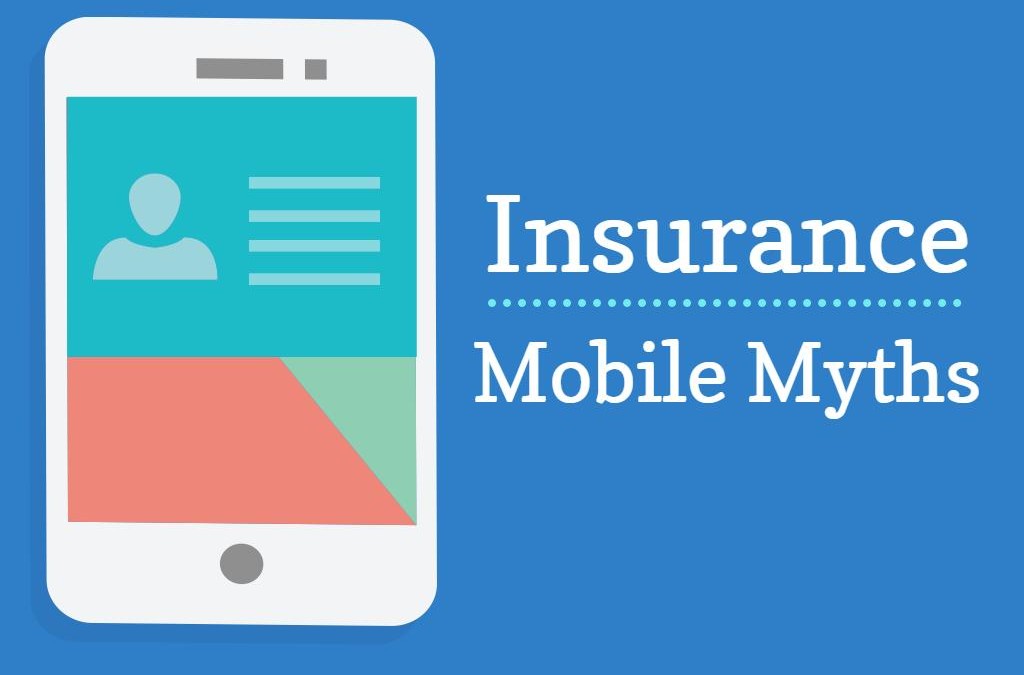More people are using their mobile phones, tablets, and other gadgets to request insurance quotes and purchase auto or homeowners insurance, contrary to our industry’s belief, and that’s a fact.
That being said, here at Paradiso Insurance, I’ve recently analyzed (through data collection) quote requests and visitors over the past 7 months to determine whether or not the use of a mobile device or desktop computer affected auto/home/umbrella insurance shopping behavior. The assumption has been, for a long time, that shoppers who arrive at your website via a mobile device are not serious purchasers, and that they’re merely researching and doing some “window shopping” based on price.
Lets look into the reality what mobile is doing to the insurance world.
What our numbers show (with the help of Google Analytics and other data gathering tools) is that consumers who shop on mobile devices for auto insurance are no different than desktop consumers of the same age. The interesting fact is that those who are shopping for insurance were shown to have the same intent to request quotes and buy coverage as of those using a desktop based device.
Some key facts of what we came across when we analyze our web traffic:
- Mobile shoppers are more likely to complete the typically extensive quote request form for auto/home/umbrella insurance than desktop users. Despite the smaller screen size and lack of full keyboard, mobile shoppers filled out our quote request 23% more of the time than desktop users. The key is to have the request form completed in full . I would have never guessed that a mobile user is more likely to complete a request form than a desktop user. Google’s update in April hit it spot on with with the heavy emphasis on being mobile friendly.
- It is commonly assumed (in the insurance space) that mobile consumers and shoppers have more claims and violations and are worse drivers than those not coming from a mobile device. They are younger, probably more reckless, and a bit less careful… right? Well, what we actually found is that all ages are using mobile devices to look up insurance and research their insurance needs. It’s not made up of all 19 or 20 year olds. Yes, there is a younger generation using the mobile devices more often than not, but we had an interesting mix of users in their 20s, 30s, and 40s (with a few users in their 50s thrown into the mix, too). . Overall, we found no significant differences in their driving records.
- The next comment I usually get is, “I bet those quote requests are all at the state minimum limits.” It turns out, that’s also a myth!”Internet consumers” aren’t only looking for insurance fast and cheap, with low limits on their coverage. They want solid coverage! One of the biggest things to an internet consumer is they want the service as fast and as easy as possible. Even though i’m not a millennial, I want the same thing when purchasing things. Who doesn’t?The median age of mobile shoppers is higher than we typically thought – 31 years old vs 18 to 26 years old. This is saying that the world has gone mobile, but the million dollar question is this: has your agency gone mobile to keep up with the times? Having users with an average age of 31 years old shopping via your agency’s website isn’t a bad thing. The number of homeowners that requested auto insurance via a mobile device actually owned homes at the same percentage of consumers that requested auto insurance quotes on a desktop device.
- 50% of people looking to shop for insurance start their search on their mobile device, regardless of where they end up in the process. We need to appeal to our customers no matter what their go-to method of shopping for insurance may be.
- Just last month, mobile users on our website took up a whopping 43% of our total website traffic. With that number ever increasing, we need to be able to meet our customers halfway.
- With all of these myths being proven wrong, I’m convinced that if your agency has the ability to look at the numbers, you will probably see the same exact things happening too. So with that being said, what’s next?
What’s next is this. We independent insurance agencies better stop ignoring the mobile shopper. Consumers arriving from mobile phones and other mobile devices should get the same range of choices, options, pricing and coverage as they do from desktop user, or those shopping via more traditional methods. As my agency’s numbers show you, mobile and desktop consumers are both very valuable, and we need to understand the difference in the consumer when it comes from a mobile device user versus the traditional lead that we are used to seeing.
Because there is no connection between intent, coverage or claims history by device type, insurance providers should seek to leverage mobile as a growing source that provides quality online consumers a rewarding experience. If you don’t pay attention to those prospective clients coming your way via mobile, (and if you don’t make it as easy as possible for them to connect with you via their mobile device) then you’re missing out on a lot of potential new customers.
As always, insurance agents should use a blended marketing strategy to capture the online consumer. Include strategies to enhance your local presence, purchasing online consumer referrals, e-mail marketing, and of course connect with your clients via social media. Track and measure contact and conversion data so you know where to invest future marketing expenses, or have an opportunity to learn where your team may need some additional coaching. Finally, develop a sales process to give you the best chance to convert leads generated from different sources. Becoming user friendly will help your agency stay one step ahead of the competition, so let’s focus on riding the momentum that the mobile world has already established for us.





